
Coral reefs are critically important to the world but despite the ongoing efforts of scientists and campaigners, these stunningly beautiful ecosystems still face a variety of threats.

Young people are now fully ensconced in the digital age as it whirls around and within them.
- By Rohit Chopra
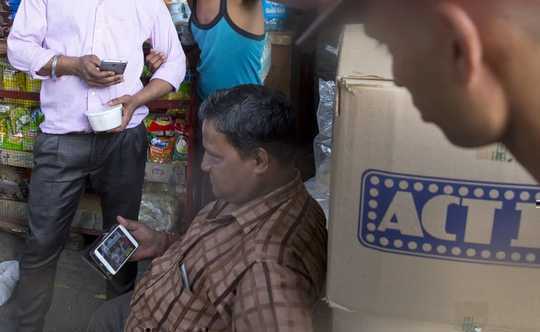
|A general election in India, the world’s most populous democracy, seems a theoretical impossibility.

The meat you eat, if you’re a carnivore, comes from animal muscles. But animals are composed of a lot more than just muscle. They have organs and bones that most Americans do not consume. They require food, water, space and social connections. They produce waste.
- By James Ransom
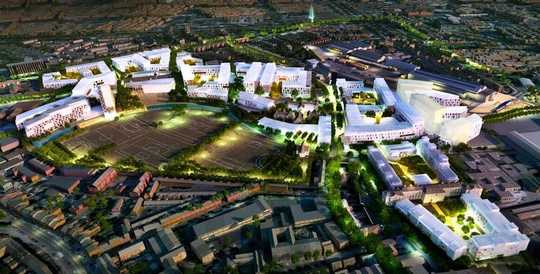
An abandoned mine shaft beneath the town of Mansfield, England is an unlikely place to shape the future of cities.
- By Alice Scott

Wirelessly charging your phone, while highly convenient, risks depleting the life of devices using typical lithium-ion batteries (LIBs), report researchers.
- By Peter Knight

Bill Kaysing was a former US Navy officer who worked as a technical writer for one of the rocket manufacturers for NASA’s Apollo moon missions. He claimed that he had inside knowledge of a government conspiracy to fake the moon landings, and many conspiracy theories about the Apollo moon landings which persist to this day can be traced back to his 1976 book...

How could a small internet service provider (ISP) in Pennsylvania cause millions of websites worldwide to go offline?
 Getting out into nature may seem a world away from a maths classroom. But the beauty that surrounds us has order – and one of the world’s best codebreakers was the key to unlocking it.
Getting out into nature may seem a world away from a maths classroom. But the beauty that surrounds us has order – and one of the world’s best codebreakers was the key to unlocking it.
 The speed at which digital device usage has spread is phenomenal. Many of us are spending hours of our time each day using these devices – usually looking at screens. I’m referring to things like phones, computers, tablets, TVs, virtual reality headsets and smart watches.
The speed at which digital device usage has spread is phenomenal. Many of us are spending hours of our time each day using these devices – usually looking at screens. I’m referring to things like phones, computers, tablets, TVs, virtual reality headsets and smart watches.
- By Will Andrews
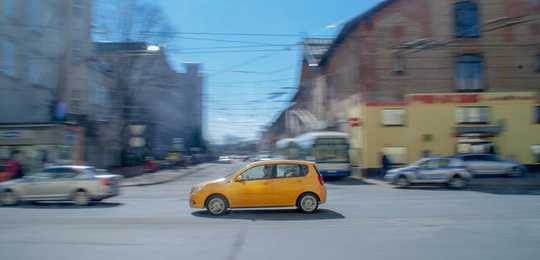
According to those in the industry, and researchers too, driverless cars will totally revolutionise the way we think about individual transport.

As driverless cars become more capable and more common, they will change people’s travel habits not only around their own communities but across much larger distances.

We measure stuff all the time – how long, how heavy, how hot, and so on – because we need to for things such as trade, health and knowledge.
- By Matt Wood

It is unlikely that Australopithecus sediba, a nearly two-million-year-old, apelike fossil from South Africa, is the direct ancestor of Homo, the genus to which modern-day humans belong, according to new research.
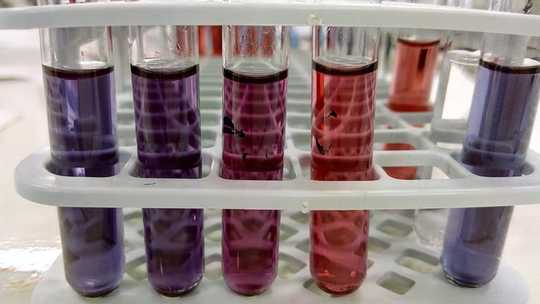
What does the word “nanotechnology” conjure up for you? I’ve spent the best part of a week talking about the term “nanotechnology” and whether it’s a real field, a real term or not.
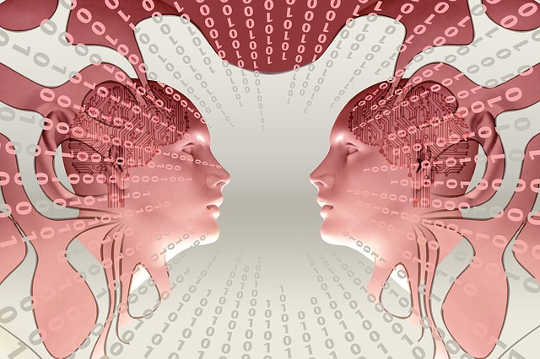 Children in the study described creepy technology as something that is unpredictable or poses an ambiguous threat that might cause physical harm or threaten an important relationship.
Children in the study described creepy technology as something that is unpredictable or poses an ambiguous threat that might cause physical harm or threaten an important relationship.
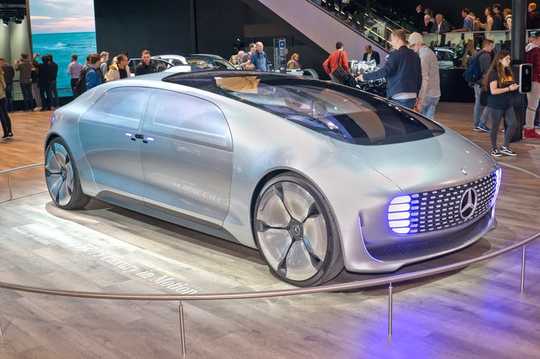
While the look and feel of our cars has changed in the past 100 years, the way we drive them hasn’t.
- By Asaf Tzachor
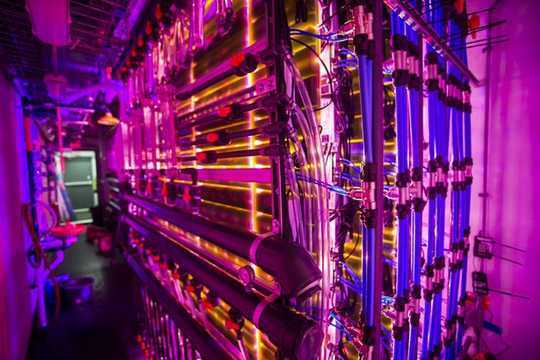
You might not be able to stomach soybeans for breakfast, lunch and dinner, but the animals you eat do.

Your own voice will likely become the most significant focus for food retailers and restaurants over the next little while.
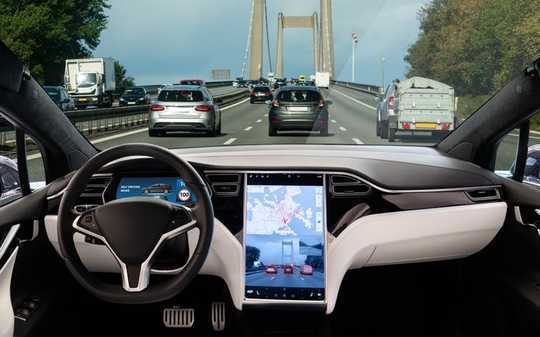
You may remember the cute Google self-driving car. In 2014, the tech giant announced their brand-new prototype of what the future of transportation might one day look like.
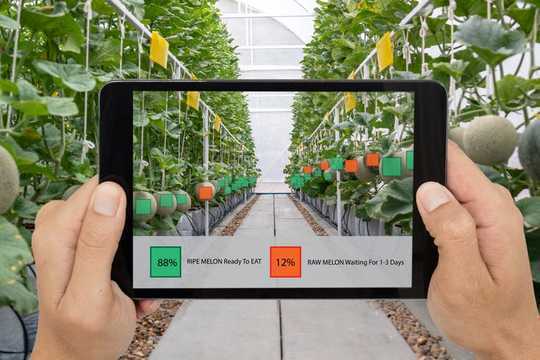
There’s a lot of talk about digital technology and smartcities, but what about smart farms?
- By Sian Green

Wildlife populations are declining globally, but it’s not all doom and gloom. We’re in the midst of an exciting time for UK mammals.
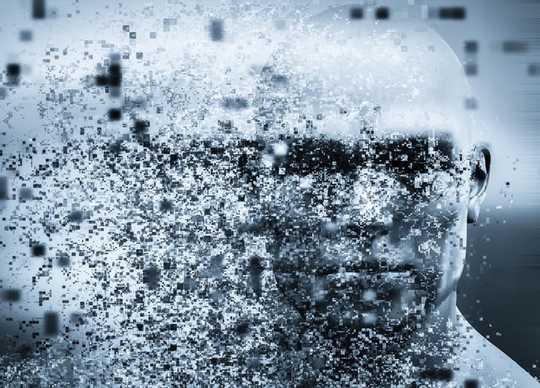
When artificial intelligence systems start getting creative, they can create great things – and scary ones.















